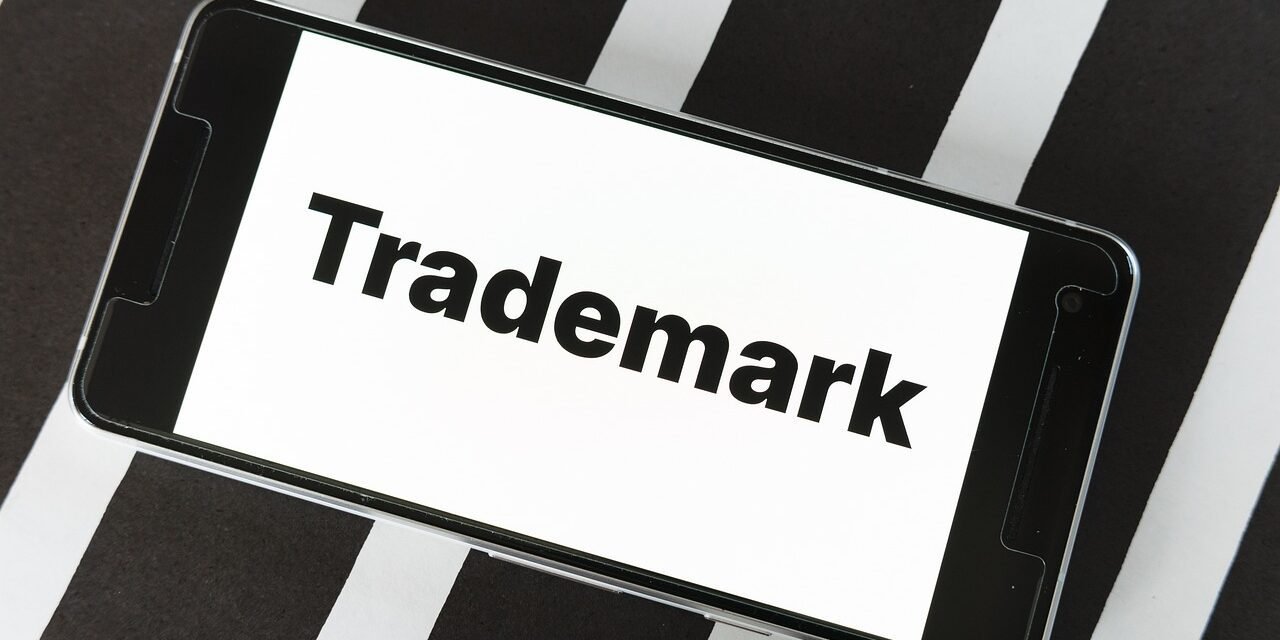Navigating Import Trade from Kenya
Discover how to safeguard yourself in Kenya's import trade landscape.
Navigating Import Trade from Kenya: A Comprehensive Guide to Due Diligence and Contractual Safeguards
In the dynamic landscape of international trade, due diligence serves as the cornerstone of risk mitigation and trust-building. Nowhere is this more pertinent than in Kenya, where the allure of business opportunities is often overshadowed by the specter of fraudulent practices.
At Somo Group Intelligence, we’ve witnessed the unfortunate fallout of such scams firsthand. Countless foreign entrepreneurs, eager to import goods like sisal, sunflower oil, and nuts, have found themselves entangled in a web of deceit and financial loss. These unscrupulous actors capitalize on geographical and national barriers, exploiting loopholes in the system to evade accountability.
But fear not, for there are proactive measures you can take to shield your business from these bad players and ensure a fruitful partnership with legitimate Kenyan counterparts. To shield your venture from such risks, adopting a meticulous approach to due diligence is imperative.
Thorough Due Diligence:
Conducting comprehensive due diligence involves a multifaceted approach aimed at verifying the legitimacy and reliability of potential business partners. Here’s how you can bolster your due diligence efforts:
Online Case Search: As a bare minimum, initiate your due diligence process with an online case search. This involves scouring public records, court databases, and regulatory filings to uncover any legal proceedings or adverse history associated with the target company or its directors. While this provides a preliminary insight, it’s crucial to supplement this with deeper investigation.
Engage Third-Party Experts: Recognizing the limitations of DIY due diligence, consider enlisting the expertise of specialized firms like Somo Group Intelligence to conduct independent investigations. These professionals possess the resources, expertise, and network to delve deeper into the background of potential partners, uncovering hidden risks and mitigating uncertainties.
Verify Company and Director Details: Given the prevalence of briefcase companies, it’s essential to verify the existence and legitimacy of both the company and its directors. Request certified copies of incorporation documents, business licenses, and identification documents to confirm their authenticity. Cross-reference this information with regulatory bodies and industry databases to ensure compliance and legitimacy.
Contracts That Bind both company and directors:
In Kenya’s business landscape, the prevalence of fraudulent activities underscores the importance of robust contractual agreements that offer comprehensive protection. When drafting contracts, consider the following measures to safeguard your interests:
Separate Contracts for Company and Directors: Recognizing the distinct legal entities involved, draft separate contracts that bind both the company (Limited Company) and its directors individually. This ensures accountability and prevents directors from evading liability by hiding behind the corporate veil. Include clauses that hold directors personally liable for breaches of contract or fraudulent activities.
Clear Terms and Conditions: Define in unambiguous terms within the contract, including obligations, responsibilities, delivery schedules, and payment terms. Specify dispute resolution mechanisms, jurisdiction, and governing law to streamline the resolution process in case of disagreements or breaches.
Cautions Against Fraudulent Practices:
In addition to robust due diligence and contractual safeguards, remain vigilant against common fraudulent practices prevalent in the importation business:
Fake Importation Documents: Exercise caution when reviewing importation documents such as invoices, shipping manifests, and customs declarations. Scrutinize these documents for inconsistencies, discrepancies, or signs of forgery. Verify the authenticity of documents with relevant authorities or third-party verification services to mitigate the risk of fraudulent transactions.
Avoid Payment to Lawyer Accounts: Be wary of requests to make payments directly to lawyer accounts while engaging with limited companies. This practice, often employed by fraudulent entities, can obscure the flow of funds and hinder recourse in case of disputes or non-performance. Insist on transparent payment channels directly to the company’s designated accounts, accompanied by proper documentation and receipts.
In essence, navigating the complexities of import trade from Kenya demands a proactive and vigilant approach. By prioritizing thorough due diligence, implementing robust contractual safeguards, and remaining vigilant against fraudulent practices, you can mitigate risks and forge mutually beneficial partnerships in the Kenyan market. Remember, diligence today ensures prosperity tomorrow.
- 86 views





